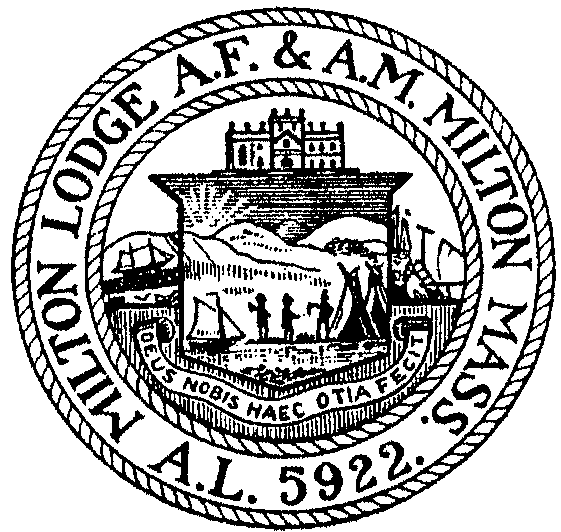Principles
Freemasonry is the world's oldest and largest fraternity. It is comprised of adult men (18+) of good character from every country, religion, race, age, income, education, and opinion, who believe in a Supreme Being. Its body of knowledge and system of ethics is based on the belief that each man has a responsibility to improve himself while being devoted to his family, faith, country, and fraternity.Freemasonry (often simplified to “Masonry”) enhances and strengthens the character of the individual man by providing opportunities for fellowship, charity, education, and leadership based on the three ancient Masonic tenets: Brotherly Love, Relief and Truth. Massachusetts Freemasonry is a crowning legacy of this venerable heritage as we strive to “make good men better.”
History
The fraternal organization, as we know it today, dates back to at least the early 18th century in England and Scotland when operative stonemason guilds started to accept members who were not masons by trade — these men were referred to as "speculative Masons" or "accepted Masons." These accepted masons used the privacy of masonic lodges to discuss new ideas brought about by the Enlightenment. At this period in history, organizations that discussed 'radical' ideas like equality of all men and religious tolerance were actively suppressed, and thus records before the first public announcement of a lodge meeting in 1717 have been lost to history.
Freemasonry was brought to the United States by our early settlers and the craft became popular in colonial America. Henry Price, a Boston merchant and tailor, received permission from the Grand Lord of England to form the first Provincial Grand Lodge in the Western Hemisphere.
Among the country’s early Masonic leaders were George Washington, Benjamin Franklin, Paul Revere, and John Hancock. Another influential Mason, Chief Justice John Marshall, served as Chief of the Supreme Court for more than 34 years and shaped the court into its present form.
In the 1800s, at a time when the U.S. government provided no social "safety net," the Masonic tradition of founding orphanages, homes for widows, and care for the aged provided the only protection many people knew. Over the centuries, Freemasonry has developed into a worldwide fraternity emphasizing personal study, self-improvement, and social betterment by way of individual involvement and philanthropy. The dignity of man, the liberty of the individual, the right of all persons to worship as they choose, and the importance of education stand at the forefront of Masonic thought.
Today, there are approximately five million Freemasons throughout the world. Nearly three million of them reside in the United States. At the dawn of the 21st century, Freemasons continue their tradition of building bridges of brotherhood as they strive to make good men better.
